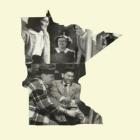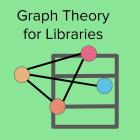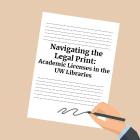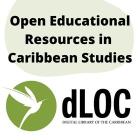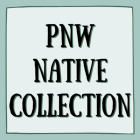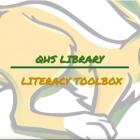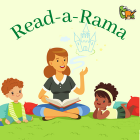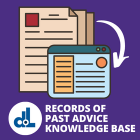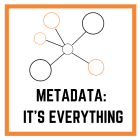
Metadata: It’s Everything
Arnold Library is a biomedical library part of Fred Hutchinson Cancer Research Center recently migrated to a CONTENTdm system and aims to make the Archive dataset fully searchable for all Fred Hutch employees. To support the library in better facilitating information discovery for users, this project examined available CONTENTdm features and further improved the metadata standards. As a result, the project produced guideline documentation on how to employ finding aids to improve the search functionality of the collection. Additionally, this built the foundation for future work to further improve user information access and discovery within the CONTENTdm system.

